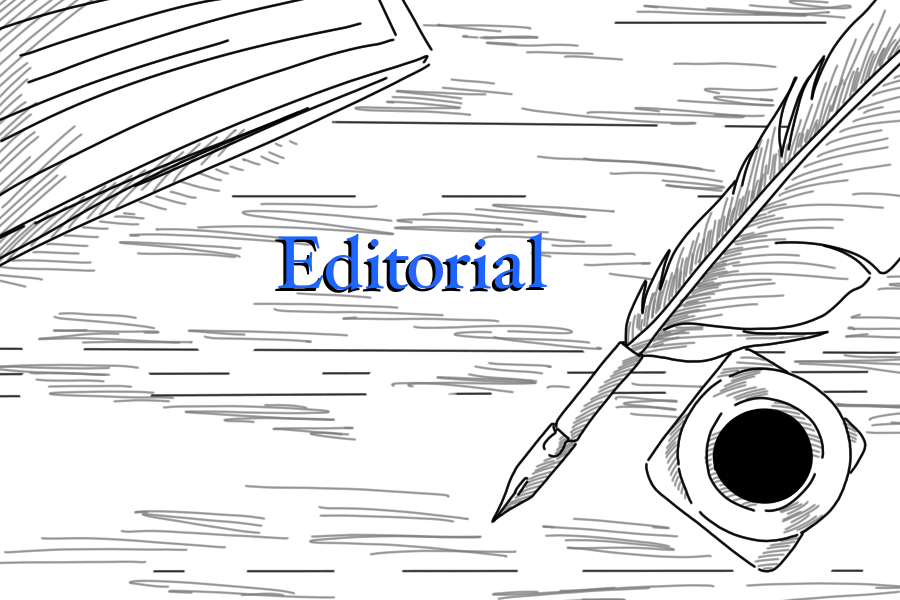
Bylaws made incomprehensible after years of legislative tinkering
When a student recently pursued the process to recall elected officials, ASUCD failed them. According to the Judicial Council’s opinion issued in the case Nelson v. ASUCD, the resulting process “was riddled with inconsistency, confusion, miscommunication, and amounted to a denial of the petitioners [sic] right to recall.” The right to recall, which is recognized by the Judicial Council as a “constitutionally guaranteed right,” was denied “as a result of a bureaucratic and administrative process so difficult to navigate that it makes the exercise of one’s rights impossible.”
The process to recall an elected official is outlined in the ASUCD Bylaws. Regardless of opinions over the ongoing attempt to recall the current executive team, it’s appalling that the ASUCD Bylaws are so incomprehensible that the people who are supposed to create and enforce them find them impossible to follow.
The Judicial Council’s opinion does not mince words. This is clearly labeled as a “failure” of institutions within the association. The Editorial Board believes that this case highlights a collective breakdown of ASUCD.
As the Judicial Council makes clear, “what would appear to be years of legislative tinkering has led to a mangled recall process that runs perpendicular to the ASUCD Constitution.”
This case illuminates the cracks, lack of transparency and communication and ongoing negligence in the association to an embarrassing degree. Highly concerning is the charge of “legislative tinkering,” which seems to suggest unnecessary changes to the governing document of the association. This wastes time and effort and shows a startling lack of credibility and accountability within the association as a whole.
The Judicial Council is not without its own faults — the council is tasked with the responsibility of reviewing legislation every week. The council, as well as the other two governing bodies of ASUCD, therefore should be wary and take issue with changes to the bylaws that seem questionable or, at the very least, nonessential.
Bylaws relating to the initiation and circumstances of and around a recall have not been immediately relevant for some time. Nonetheless, because the association recognizes the recall process as a constitutional right, it’s an unacceptable error.
More often than not, incoming ASUCD officials promise to ensure transparency within the association. The chaotic Winter Elections and its dramatic aftermath, with allegations of voter fraud as well as allegations of concerning and problematic behavior within the association, have only served to prove that transparency is not yet ensured by our elected officials.
Transparency should not be just a convenient sound bite to grab votes — if it was a priority then, it should be a priority now.
Written by: The Editorial Board









